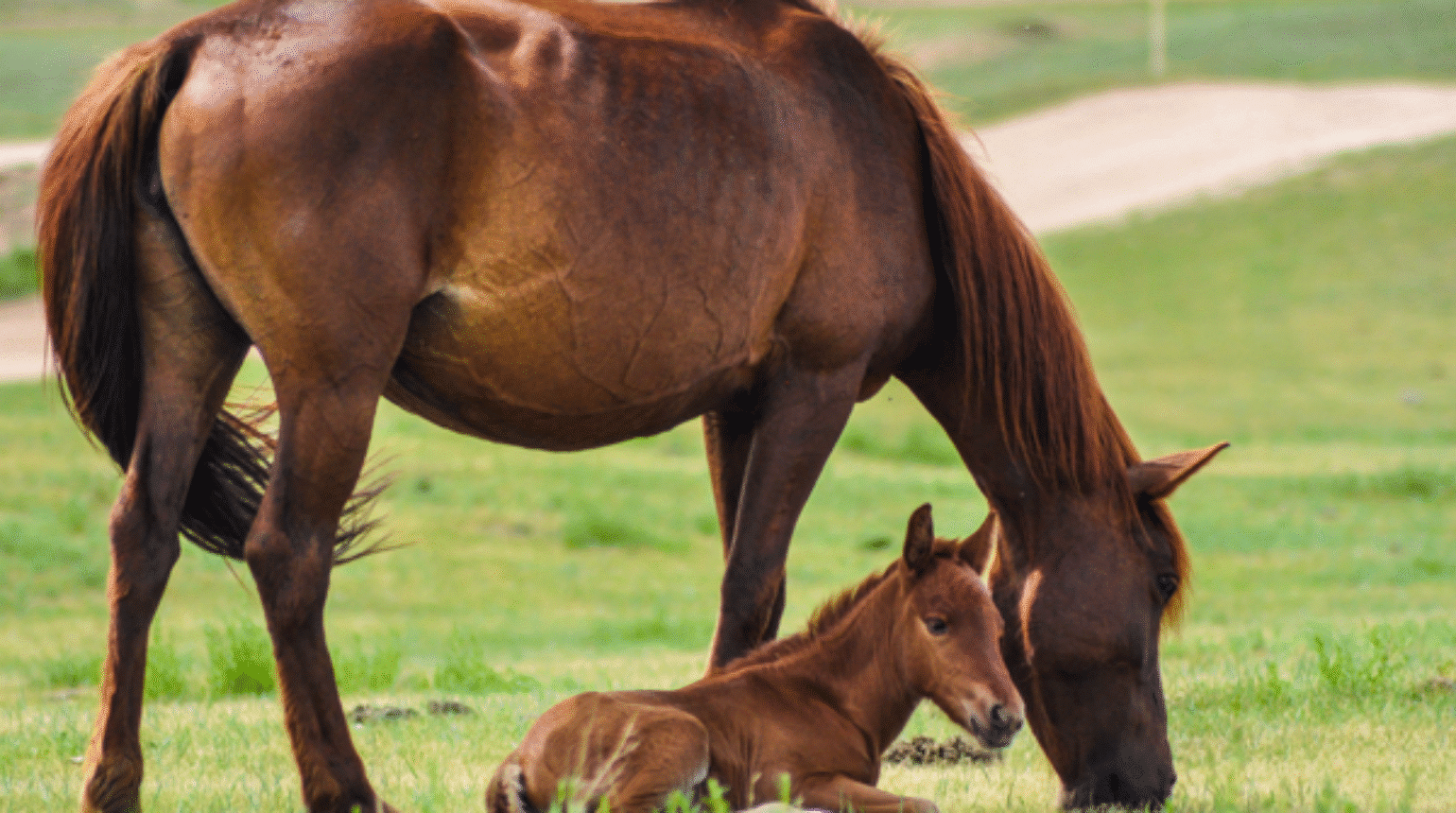Australian guidelines for equine internal parasite management (2024)
Overview
Join us for an essential session on equine internal parasite management, where we’ll explore the most current evidence-based practices designed to protect horses from parasitic disease and anthelmintic resistance. With evolving climate conditions, increasing global movement, and rising resistance to commonly used dewormers, proactive and informed parasite control has never been more crucial.
Understanding Parasite Resistance in Horses
One of the key threats in equine internal parasite management is resistance. Overuse and misuse of anthelmintics have led to a dramatic reduction in their effectiveness. In this session, we will discuss resistance mechanisms and how diagnostic testing can help you make targeted decisions, rather than relying on routine blanket treatments.
Targeted Parasite Control Strategies
We’ll introduce practical methods for implementing strategic parasite control in equine settings. This includes faecal egg count reduction testing (FECRT), seasonal treatment protocols, and pasture management techniques. Learn how to create tailored treatment plans for individual horses and herds that minimise resistance and maximise health outcomes.
Why Attend?
Whether you’re a vet, equine nurse, or stable manager, this webinar will provide actionable insights into managing parasites responsibly and effectively. Stay ahead of resistance trends and protect your equine patients with the latest tools and guidelines.
Presenters

AssocDipAppSc (Equine Sc), BAgSc (Hons), PhD
University of Queensland’s School of Agriculture and Food Sustainability
Dr. Anne Beasley is a teacher and research academic at the University of Queensland’s School of Agriculture and Food Sustainability, based at Gatton. Anne has spent her career working in the field of parasitology with interests in both ruminants and horses. The growing issue of anthelmintic resistance in these industries has been a focus of much of her work to date.




